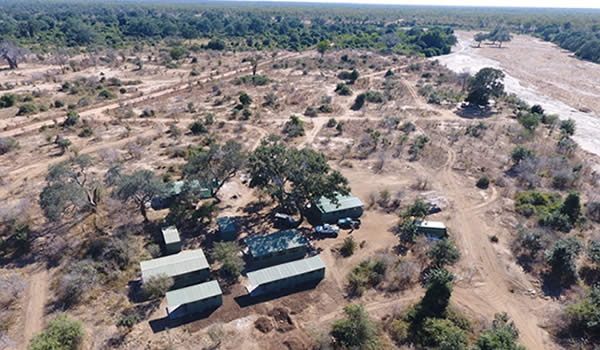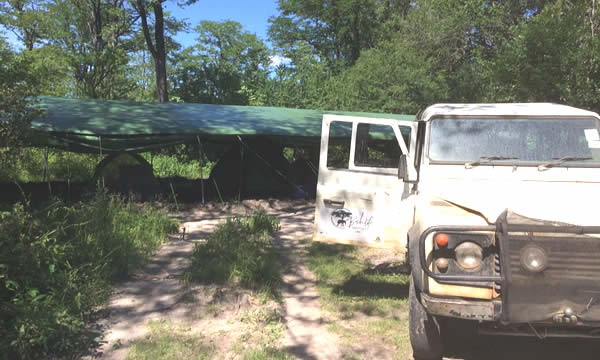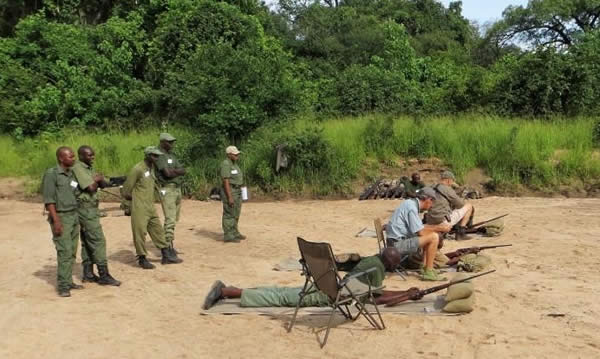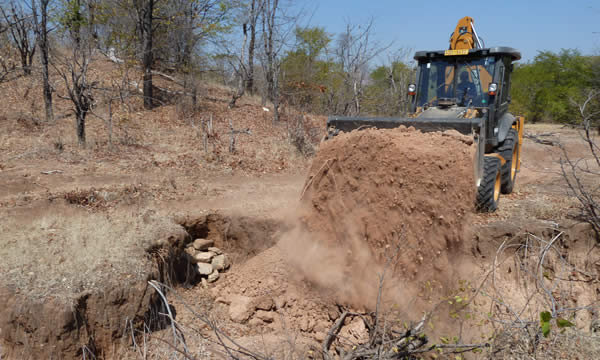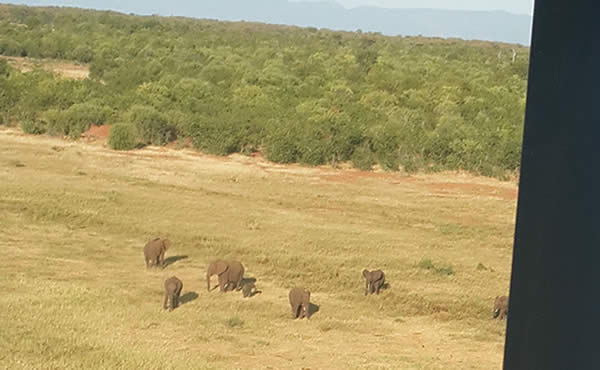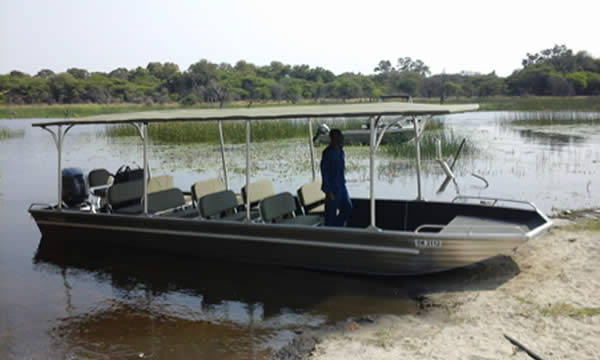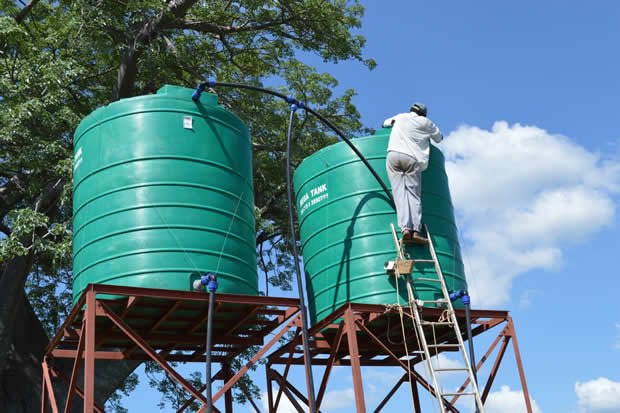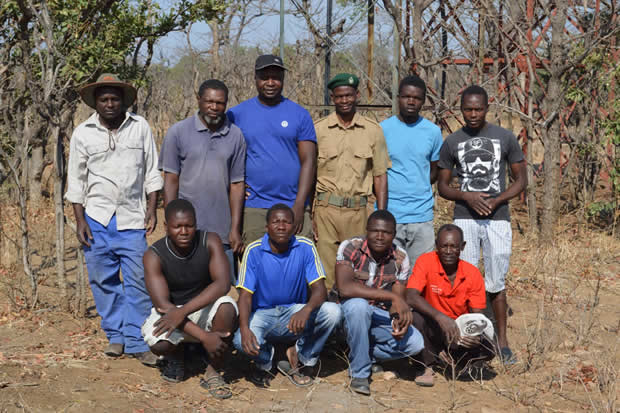For your interest, please read our dear friend and colleague, Eddie Mudzimu’s wonderful piece about elephants, ancestry and the Zambezi Valley.
The Elephants of the Zambezi Valley
By Edmond Mudzimu, Manager Ruckomechi Camp, Wilderness Safaris
The elephants of the Zambezi Valley have and will always be part of my life; I was born and raised in Kariba, a place that even today has elephants roaming the streets and now, finding myself working in the Zambezi Valley, makes me feel that I am a perfect custodian of each and every elephant that we have here. My ancestors lived on the present-day Mana Pools Heritage site where my father was born.
Every bit of game in these environs is surely my inheritance, passed on by the generations that came before mine.
Every living elephant is very much part of me and as a manager at a safari camp in the Mana Pools area, there is no greater joy for me as I see herds of these gentle giants quietly making their way through our camp on their way to the river for a drink or a swim. During my day-to day-work activities, I am privileged to come into occasional contact with these magnificent animals. It will be so sad to be the generation that did nothing but just watch as numbers continued to dwindle. As an inheritance from a long-gone generation our role is to protect them and pass them to future generations as their legacy.
My heart grieves and bleeds for each elephant that we cannot account for every season, as I have come to know most of these animals either by name or a visible mark on its body. The saddest part is not knowing what could have befallen them. Elephants are so smart and intelligent: they know their way around camps and where to find those juicy Ana Pods. Mixing and mingling with them on a daily basis has made me an activist for elephants. The guides, rangers and anti-poaching units in the valley deserve a special mention for their tireless efforts in keeping safe each and every one of these exceptional pachyderms.
““A lot of effort is really needed and it can never be a one-man effort but very much a combined effort involving many hands.””
It is beyond our wildest imaginations that we may lose these massive creatures. I live and dream elephants every day and so will do pretty much whatever it takes to protect and preserve them. I can’t help smiling at every elephant I see every time. No matter what elephants are doing, they are just a marvel and a wonder. If everyone could have a like mind to know that these animals have more value for us alive than dead, and hence the need to look after them. Many efforts are needed and from every corner and as the guides in camp, ours is a huge task to keep a close eye on all of them. Elephants go through emotions just like human beings, so the best thing is to put yourself in their shoes and imagine how it feels to lose a family member.
““It is a solemn pledge from people like me and the guides that we will forever be vigilant for the protection of our elephants.””




